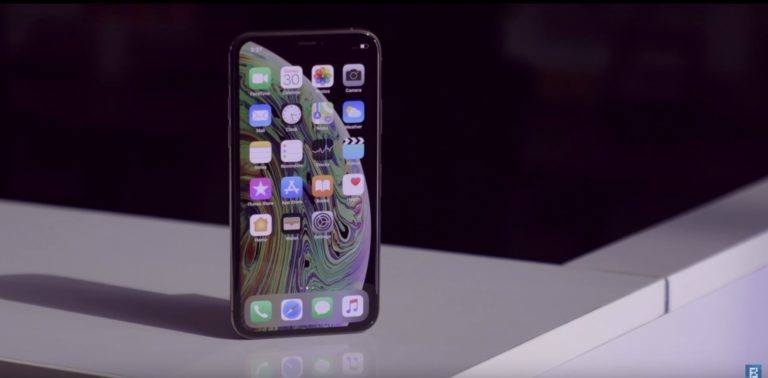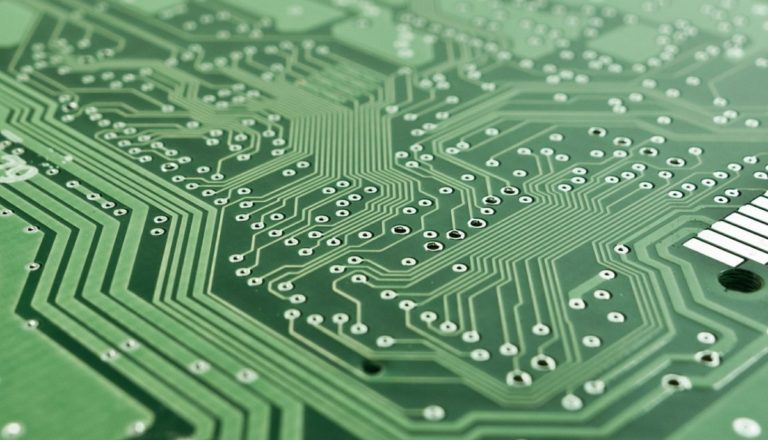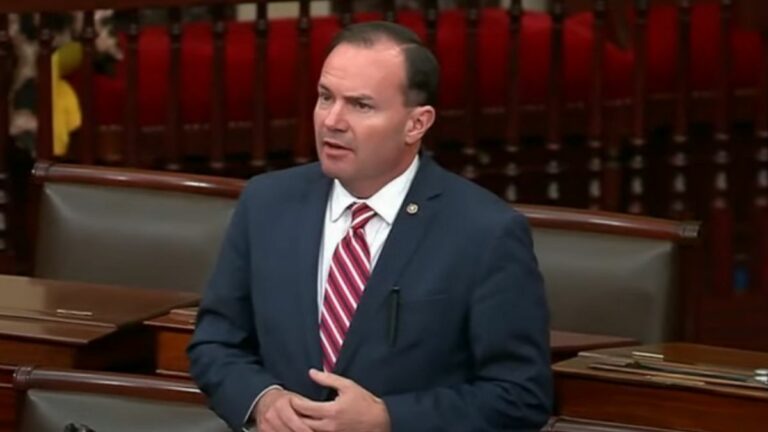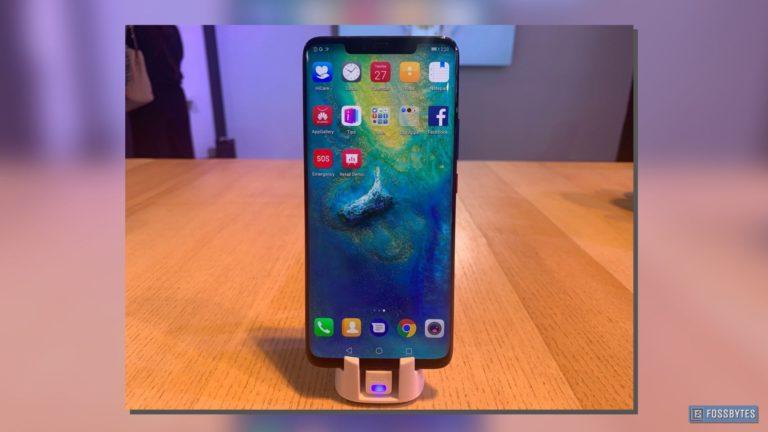Here’s Why The Tesla Hybrid Vehicle Is Still All Electric
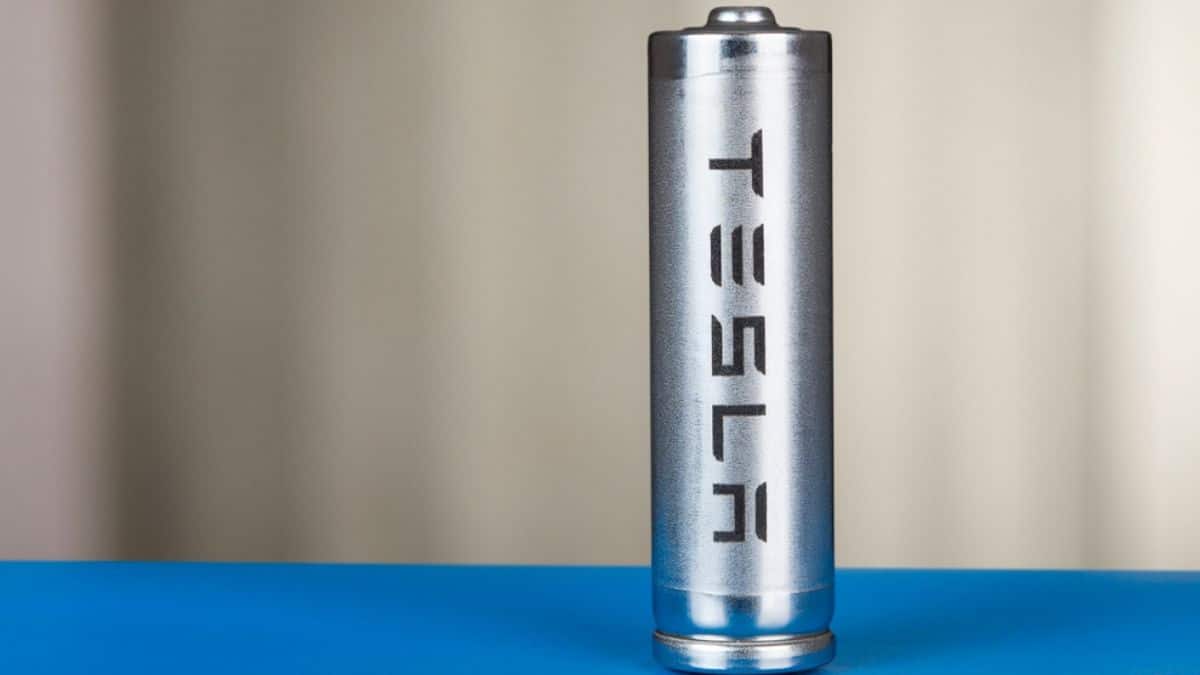
A recently published study from Tesla aims at the potential of electric hybrid cells to increase the range of electric cars. Generally, when we talk about hybrid cars we refer to a combination of a gasoline engine and an electric battery.
However, the hybrid vehicle we are talking about today is all-electric. The new battery will use lithium-ion batteries but with additional elements in order to make electric cars have a better range.
The research work on these batteries is being carried out under the guidance of Prof. Jeff Dahn at Tesla’s research center. He has been working with Tesla since 2016 at the same university. He has also worked on Tesla’s new impurity-free battery cells.
What Are These Tesla Hybrid Battery Cells?
Tesla researchers have published the work under the name, “Cycling Lithium Metal on Graphite to Form Hybrid Lithium-Ion/Lithium Metal Cells”. The published work is available on ScienceDirect.
According to the researchers, these hybrid battery cells will have 20% more energy density than conventional lithium-ion cells. The battery cells will operate in the lithium-ion mode for lower range journeys. However, it will use high-density lithium-metal cycles for longer trips.
The idea behind the work, as explained in the paper, is that increasing the energy density of batteries will lower the cost of electric vehicles. Additionally, they’ll provide a longer battery range.
Moreover, the research paper explains,
“To develop a high energy density cell with longer lifetime, we propose a hybrid lithium-ion/lithium metal cell that is achieved by purposefully plating lithium metal on graphite. Although unwanted lithium plating is normally a degradation mechanism in conventional lithium-ion cells, we achieve reversible lithium plating on graphite with an optimized dual-salt electrolyte.”
The battery operating in Li metal mode can degrade the cells, so it will be used less often. During most driving scenarios, the battery will function in Li-ion mode.
Here are some diagrams from the work,
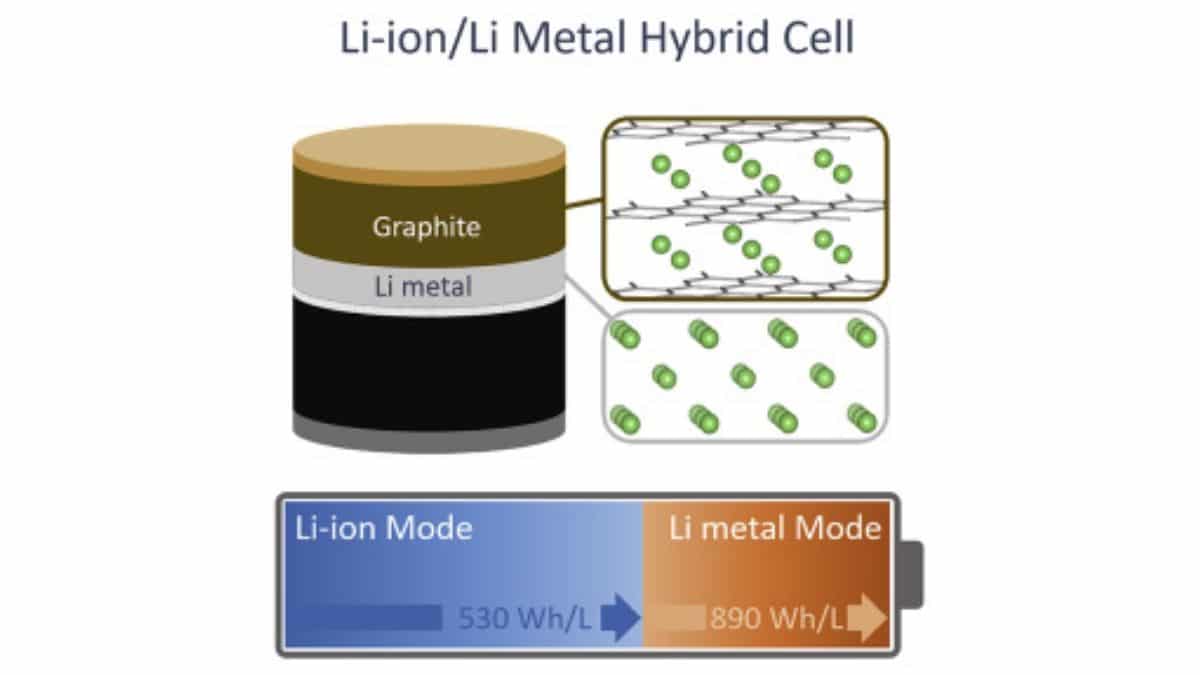
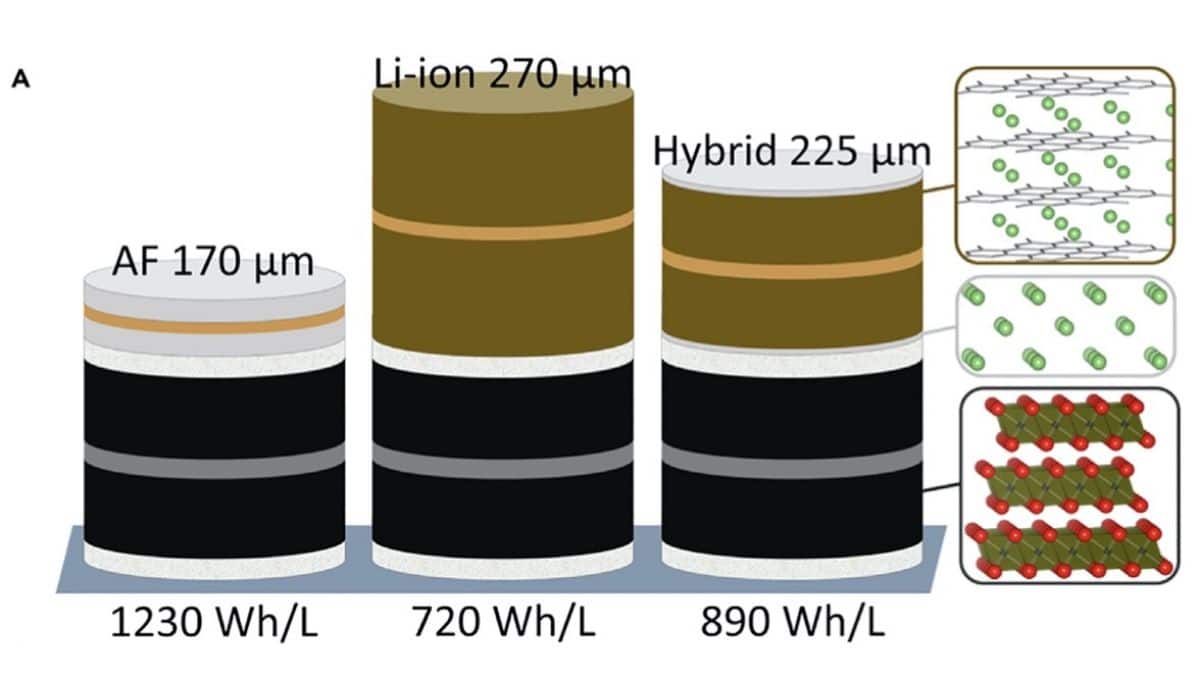
Final Thoughts:
Well, it’s interesting to read about these hybrid cells. However, the early-stage developments lead us nowhere to judge if it could be better than the conventional Li-ion batteries.
The issue of energy density has always held back the dominance of electric cars over other vehicles. The primary con of having a low energy density in a battery is that more amount of cells are needed to compensate for it.
Hopefully, with this new research, electric cars will shed some weight in the near future.

